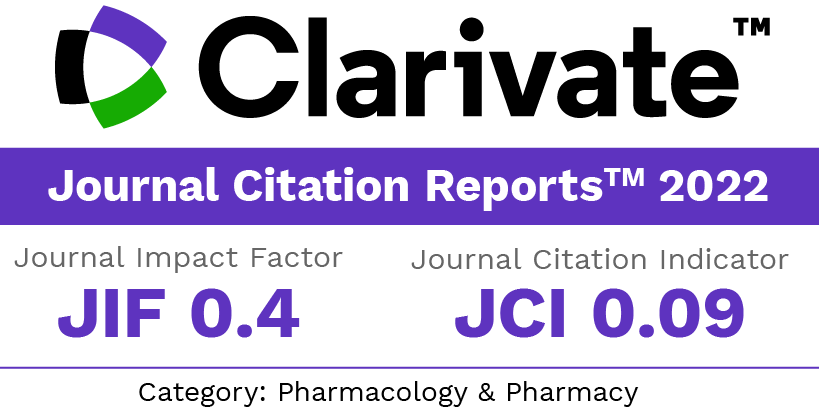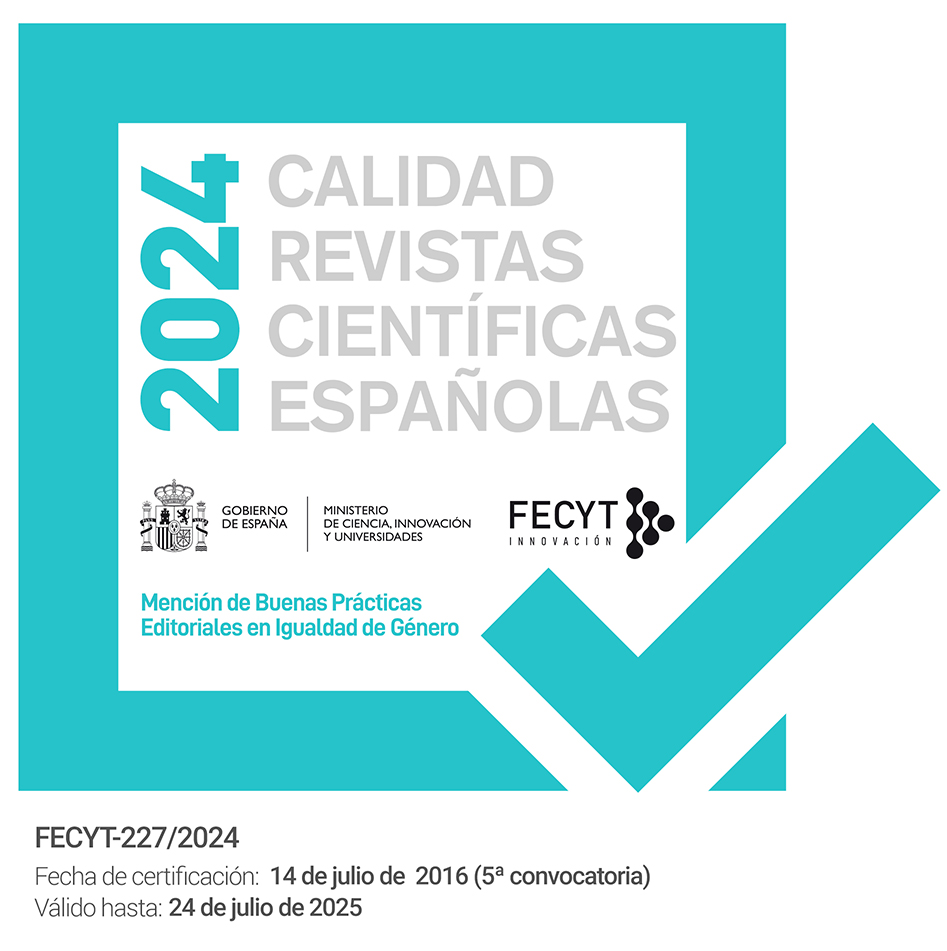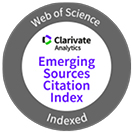The pharmacist Milagro Almenara Pérez, from oblivion to her recognition
DOI:
https://doi.org/10.30827/ars.v62i4.21442Keywords:
Spanish pioneering pharmaceutical women; Milagro Almenara Pérez; Federico García Lorca; consequences of Spanish Civil WarAbstract
Introduction: Milagro Almenara Pérez graduated from the Faculty of Pharmacy of the University of Granada in 1921. However, after the Civil War, it seems that she never existed, and not only her person, but also her university record and even the Granada pharmacy where she worked. This article shows a biography of her, with the double objective of showing her as a reference to society and also to illustrate the strong parallelism between her life and that of the well-known Granada poet, Federico García Lorca.
Method: A search for information on Milagro Almenara Pérez has been carried out in archival, bibliographic, digital and even journalistic sources that has made possible to complete with new and recent data some biographical aspects that are not found in the few research works already published on her.
Results: As a result of the study, original data have been added to the biography of Milagro Almenara Pérez and the hypothesis of the existence of a certain similarity between her life and that of the famous Andalusian poet Federico García Lorca is justified.
Conclusions: In the Spanish Civil War many documents, both personal and institutional, were destroyed by both sides, which concerned those people whom each side considered disaffected. Among them, the pharmacist Milagro Almenara, whose life had many coincidences with that of the poet Federico García Lorca.
Downloads
References
Martín Martín C., López Andújar G., Cabezas López M.D. Mujeres notables en la Facultad de Farmacia de Granada (1850-1950). Ars Pharm. 2013; 54(3): 37-47.
Maurer, C. Federico García Lorca en Nueva York y La Habana: Cartas y recuerdos (Ilustrados): Editor: Andrew A. Anderson; 2020.
Pozo Felguera, G. La botica más antigua de Granada lleva casi un siglo embalada en Londres. “El Independiente” de Granada. 4 de marzo de 2017.
Pozo Felguera, G. Milagro Almenara Pérez, boticaria roja, feminista, asesinada en Víznar-Alfacar. “El Independiente” de Granada. 5 de marzo de 2017.
Pozo Felguera, G. La boticaria roja era hija natural del director del instituto provincial, pero murió sin reconocerla. “El Independiente” de Granada. 20 de agosto de 2017.
Núñez-Valdés, J., Venegas Fito, C.J., Ramos Carrillo, A. La primera mujer farmacéutica andaluza. Ars Pharm. 2019; 60:(3):147-151.
Asociación Granadina para la Recuperación de la Memoria Histórica (AGRMH). Milagros Almenara: la boticaria roja. 21 de julio de 2018. Disponible en http://granadamemoriahistorica.es/?p=1546.
Canal / UGR. La UGR homenajea a la farmacéutica y feminista Milagro Almenara Pérez. 5 de marzo de 2018. Disponible en https://canal.ugr.es/noticia/ugr-homenajea-milagro-almenara/
Asenjo Pajares, M. Farmacéutica y roja... en Granada. “Mundo Obrero”. 7 de mayo de 2018.
S.V. El centenario edificio del Padre Suárez. “Granada Hoy”. 4 de febrero de 2018. Disponible en https://www.granadahoy.com/vivir/Bcentenario-Bedificio-Padre-Suarez_0_1215478720.html
Downloads
Published
How to Cite
Issue
Section
License
The articles, which are published in this journal, are subject to the following terms in relation to the rights of patrimonial or exploitation:
- The authors will keep their copyright and guarantee to the journal the right of first publication of their work, which will be distributed with a Creative Commons BY-NC-SA 4.0 license that allows third parties to reuse the work whenever its author, quote the original source and do not make commercial use of it.
b. The authors may adopt other non-exclusive licensing agreements for the distribution of the published version of the work (e.g., deposit it in an institutional telematic file or publish it in a monographic volume) provided that the original source of its publication is indicated.
c. Authors are allowed and advised to disseminate their work through the Internet (e.g. in institutional repositories or on their website) before and during the submission process, which can produce interesting exchanges and increase citations of the published work. (See The effect of open access).























